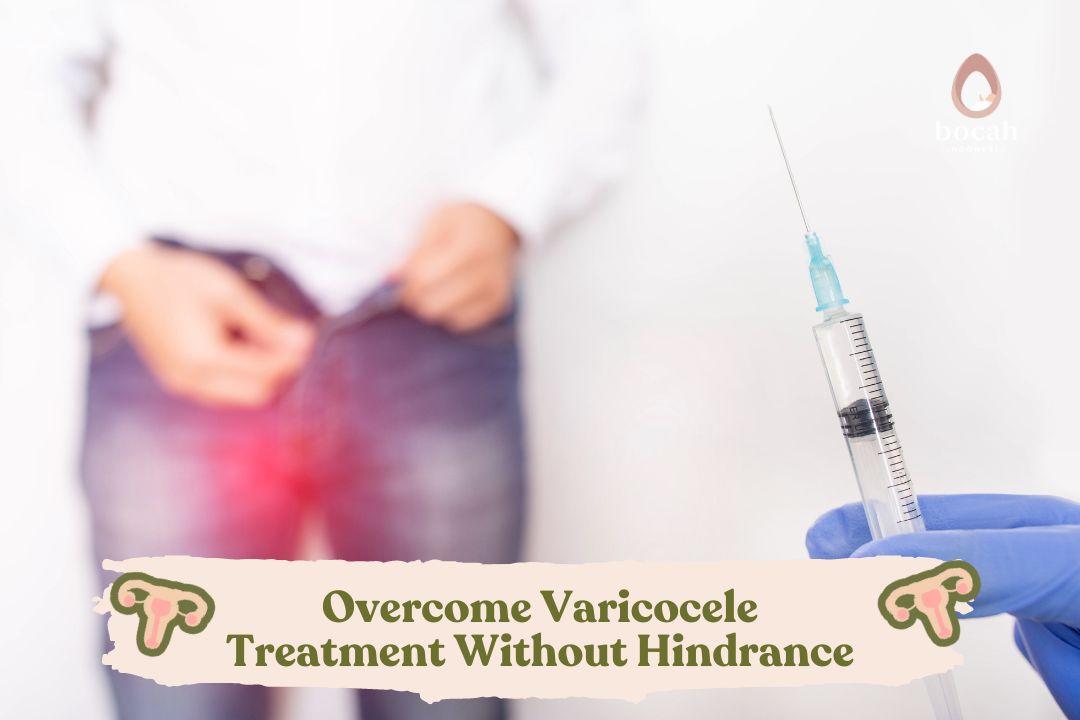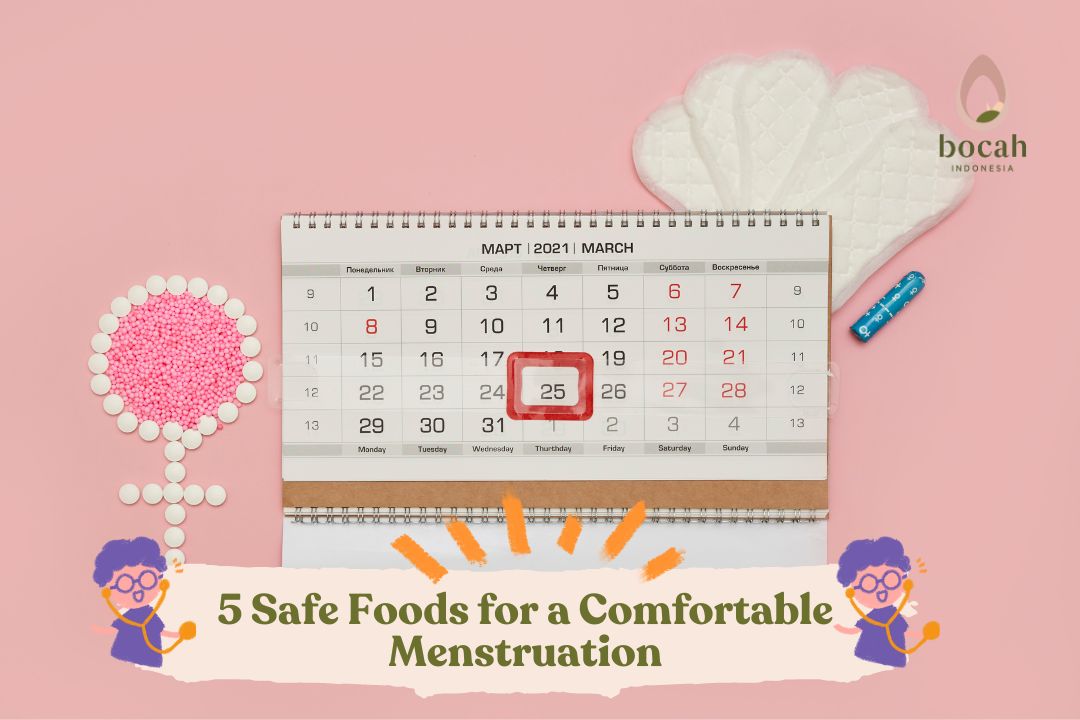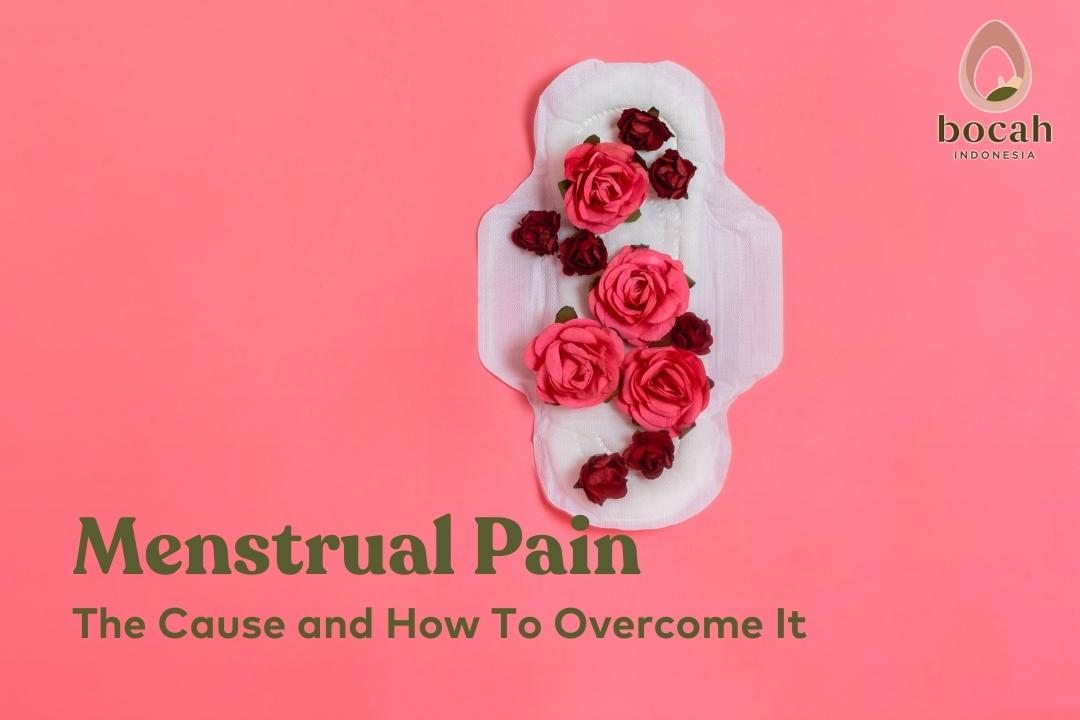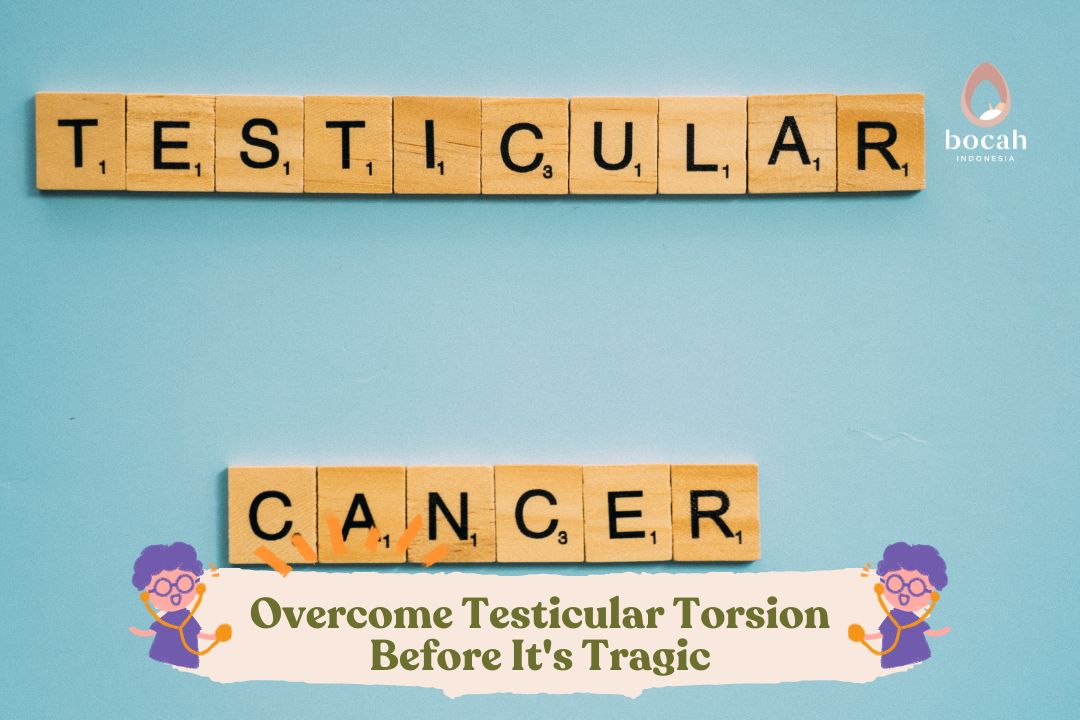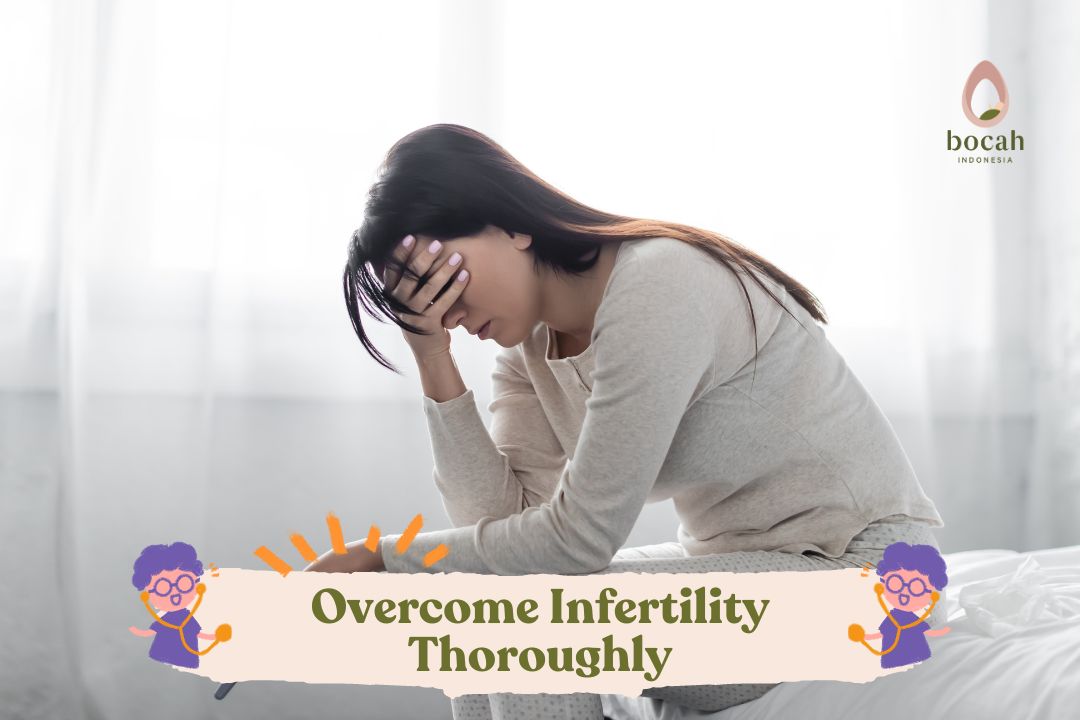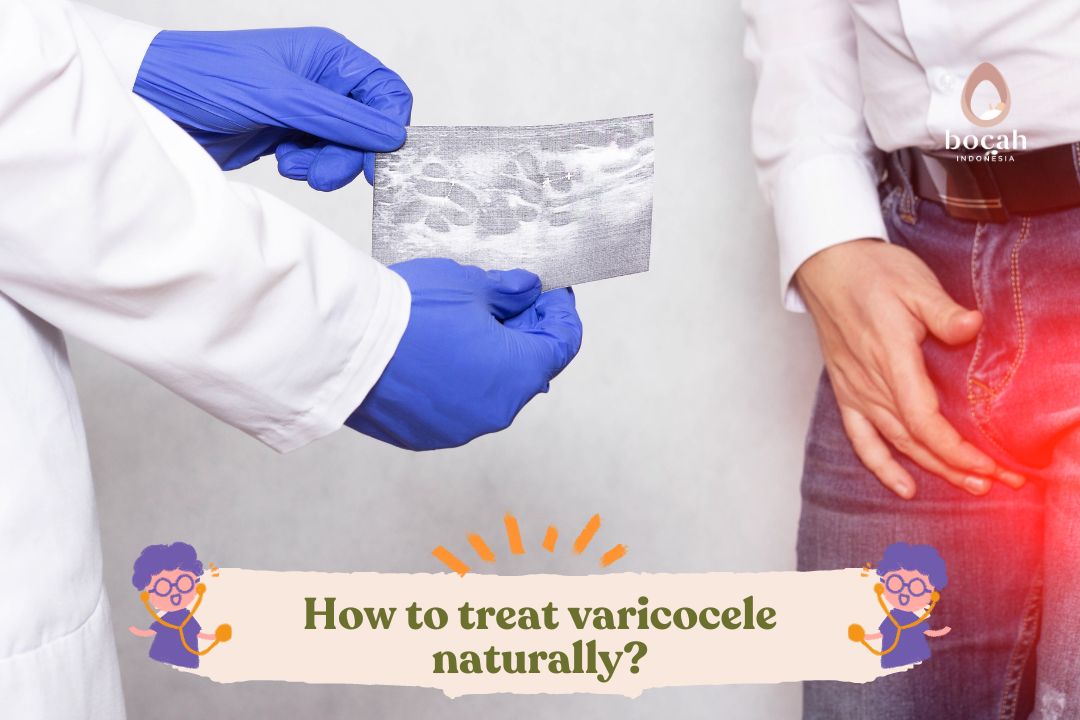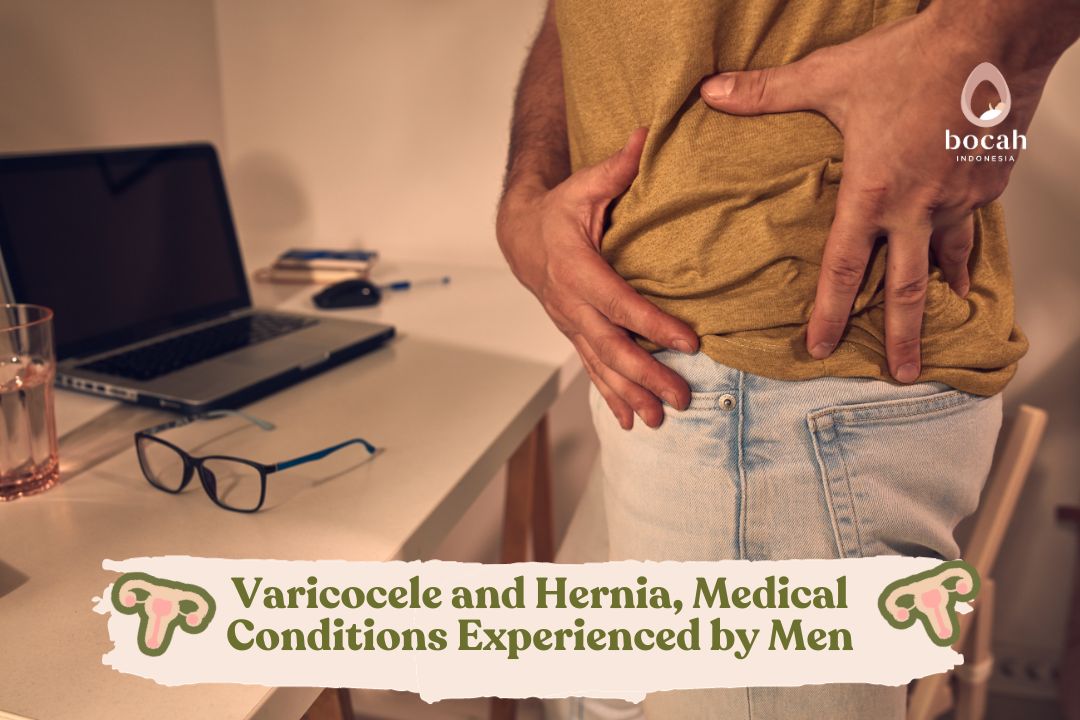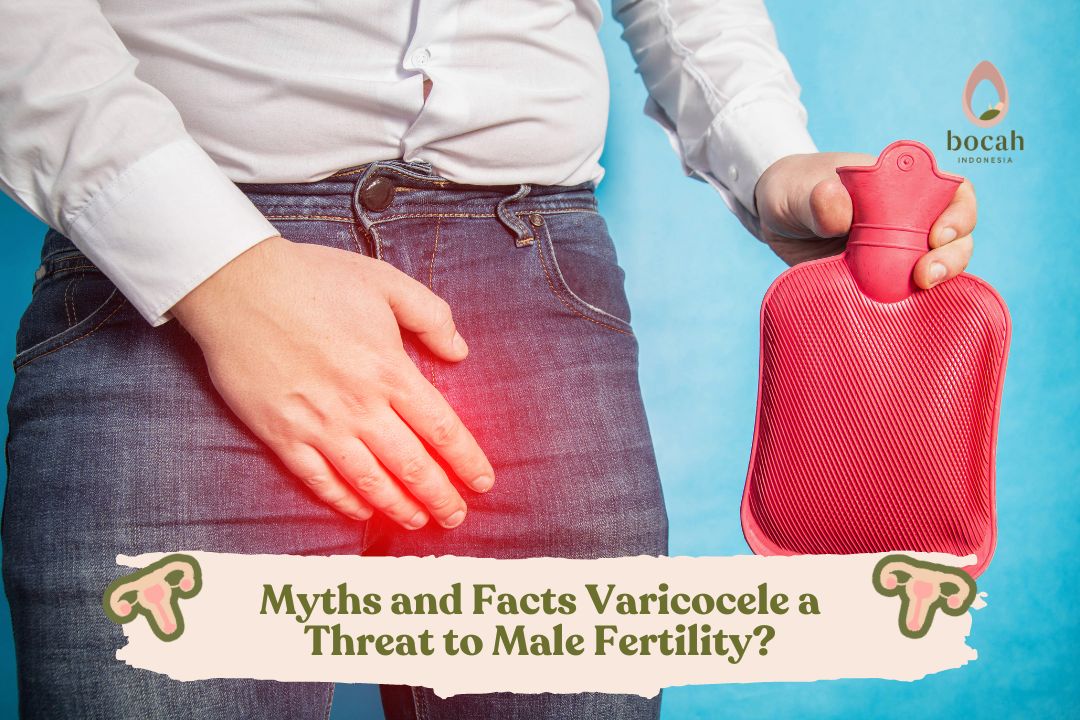Anti Irritation Overcome Varicocele
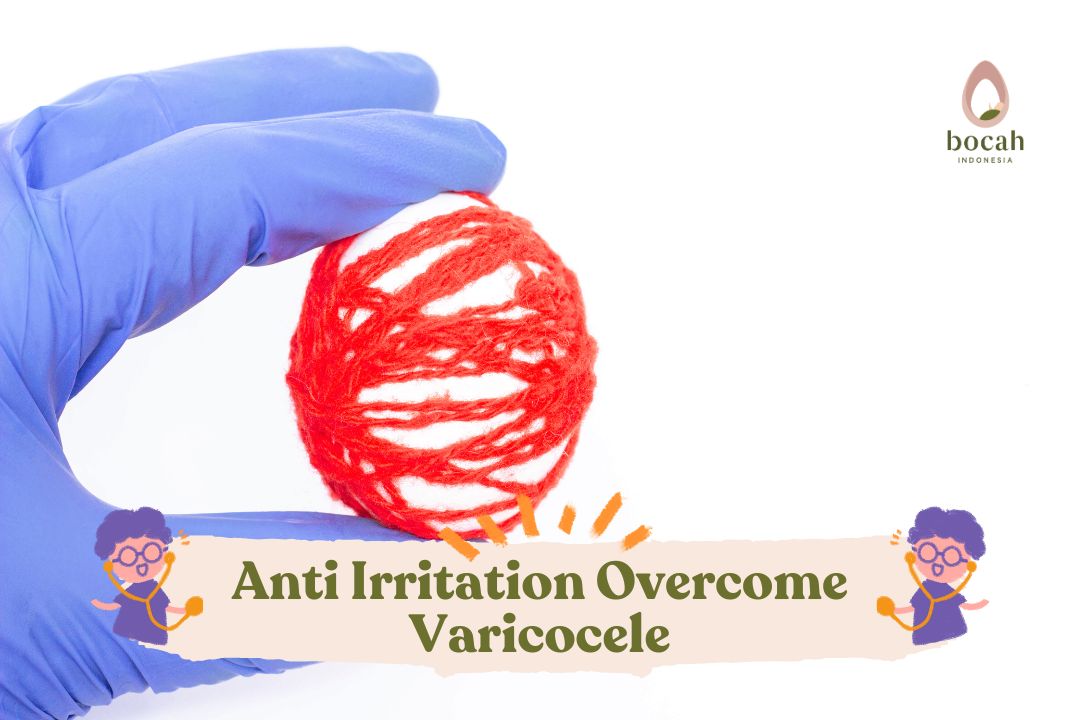
Varicocele problems should not be underestimated, deal with varicocele with proper treatment. Read more information here.
Varicocele is a medical condition in which blood vessels in the scrotum undergo widening or swelling, similar to varicose veins that occur in the legs. It usually occurs on the left side of the scrotum and can affect blood flow to the testicles.
Varicocele can affect sperm production and fertility. Symptoms of varicocele include pain or heaviness in the scrotum. Diagnosis is usually made through physical examination or diagnostic tests such as ultrasound, and treatment may be necessary depending on the symptoms and its impact on fertility.
Causes and Symptoms of Varicocele
Varicocele occurs because blood vessels in the scrotum (the skin bag below the penis) undergo widening or swelling. Although the exact causes are not fully understood, there are several factors suspected to play a role in this disease.
One possible cause is the presence of abnormalities in the “switches” or valves within the blood vessels on the spermatic cord.
Tanya Mincah tentang Promil?
The spermatic cord is a group of tissues that support and supply the testicles, and the blood vessels within it carry blood back to the body. If these valves do not function properly, blood can accumulate in the testicular blood vessels, causing swelling over time.
Varicocele can occur at any age and can affect various age groups. Although it can occur at any age, varicocele most commonly appears during adolescence and early adulthood.
Many varicoceles are believed to be present since birth (congenital). Usually, people become aware of the presence of varicocele during adolescence, and it is suspected to be related to hormonal changes that occur during puberty, where blood flow to the genital organs increases.
Fathers may not feel any symptoms when experiencing varicocele, but some people with this condition may experience certain signs or symptoms. Here are some varicocele symptoms that may occur:
Pain or Discomfort
Pain or discomfort in the scrotum is a common symptom of varicocele. This pain can vary from a feeling of heaviness, dull pain, to more intense pain.
Swelling and Heat Sensation
Dilated blood vessels can cause swelling around the testicles or scrotum. This swelling may be more visible or felt when standing or sitting for long periods. Some people also report a sensation of heat or burning around the varicocele-affected scrotum.
Changes in the Testicles
In some cases, varicocele can cause changes in the size or shape of the testicles. Testicles affected by varicocele may feel smaller or heavier.
Then the appearance of visible blood vessels, in some cases, dilated blood vessels may be visible or palpable above the scrotum, giving a appearance like a cluster of veins.
Pain During Sexual Intercourse
Another symptom that fathers may experience when having varicocele is discomfort or pain during sexual intercourse. Although pain during sex can also be caused by many other factors.
Diagnosis and Tests for Varicocele
The diagnosis of varicocele generally involves medical examination and a series of tests to ensure the presence and severity of the condition. Here are some steps that healthcare providers may take:
Medical History
The doctor will inquire about the father’s medical history, including the symptoms experienced and other factors that may affect reproductive health.
Physical Examination
Then the doctor may perform a physical examination of the scrotum and testicles to look for signs of varicocele. This may involve checking and palpating (feeling) in various positions, including when the father performs the Valsalva maneuver.
Pelvic Ultrasonography
Pelvic ultrasonography is a non-invasive imaging test that provides detailed images of blood vessels around the scrotum and testicles. This helps confirm the diagnosis and assess the severity of varicocele.
Semen Analysis
If there are concerns about the effect of varicocele on fertility, the doctor may also perform a semen analysis. In this test, the father will provide a semen sample, and laboratory technicians will examine the quantity and quality of sperm.
Blood Tests
Blood tests may be performed to check hormone levels, including follicle-stimulating hormone (FSH) and testosterone. This can help assess the impact of varicocele on reproductive hormone function.
After performing these tests, the doctor can then provide a diagnosis of varicocele and determine the severity based on the examination results. Next steps, including treatment if necessary, can be discussed based on this evaluation.
Ways to Overcome Varicocele
The way to deal with varicocele depends on the severity level and whether varicocele causes symptoms or fertility problems. Here are some management and treatment options for varicocele:
No Treatment
If varicocele does not cause bothersome symptoms or affect fertility, healthcare providers may recommend not undergoing active treatment. Regular monitoring can be done to ensure no worsening.
Lifestyle Changes
Fathers may need to avoid activities that can exacerbate symptoms, such as wearing overly tight underwear or avoiding prolonged standing positions, which can help reduce discomfort.
Ice Application
Applying ice or an ice pack to the scrotum can help alleviate pain or discomfort. Be sure to wrap the ice in a towel to protect the skin.
Pain Relievers
The use of nonsteroidal anti-inflammatory drugs (NSAIDs), such as ibuprofen or naproxen, can help reduce pain or inflammation. However, consult with a healthcare provider before taking these medications.
Surgery (Varicocelectomy)
If varicocele causes significant symptoms or affects fertility, a surgical procedure called varicocelectomy can be performed. In this procedure, the affected blood vessels will be cut and tied off to redirect blood flow to healthy blood vessels.
Non-Surgical Procedures
Some cases of varicocele can be addressed through interventional radiology procedures, such as embolization. In this procedure, the doctor inserts material into the blood vessels to close off the varicocele.
Decisions about varicocele treatment should be made in consultation with a doctor after a thorough evaluation of symptoms and their impact on the father’s health and fertility. So, that’s the explanation of how to deal with varicocele. Find out more information about pregnancy programs and IVF programs at Bocah Indonesia.
Source
- Paick, S., & Choi, W. (2019). Varicocele and Testicular Pain: A Review. The World Journal of Men’s Health, 37(1), pp. 4–11. https://www.ncbi.nlm.nih.gov/pmc/articles/PMC6305863/
- Chung, J., & Lee, S. (2018). Current Issues in Adolescent Varicocele: Pediatric Urological Perspectives. The World Journal of Men’s Health, 36(2), pp. 123–31. https://www.ncbi.nlm.nih.gov/pmc/articles/PMC5924953/
- American Urological Association (2020). Urology A–Z. Varicocele.
- Johns Hopkins Medicine (2020). Conditions and Diseases. Varicocele.
- Cleveland Clinic (2020). Disease & Conditions. Varicocele.
- Mayo Clinic (2020). Diseases & Conditions. Varicocele.
- 4 Herbal Medicine to Improve Male Fertility - 01/07/2025
- 7 Signs of PCOS Every Woman Should Know - 30/06/2025
- Ultimate Guide: Boosting Egg Quality for a Healthy Pregnancy Journey - 23/06/2025


